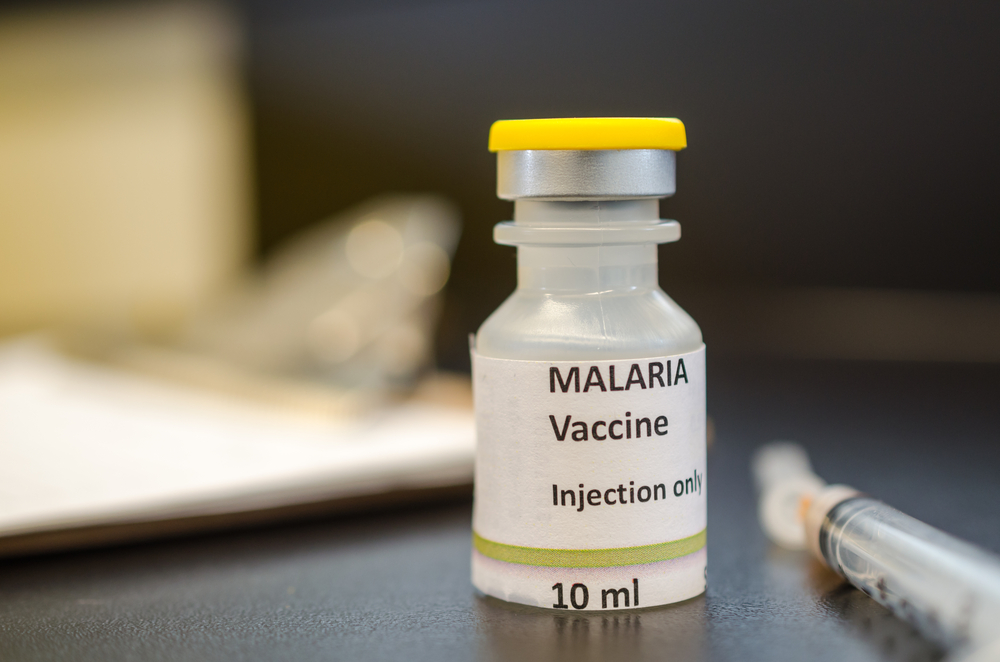
A new study published in eLife concludes that the path to fighting malaria at a community level could be through widespread deployment of antimalarial drugs.
Importantly, researchers theorize this would not only protect those who take the drugs but even those untreated, as the drugs would help reduce infections at large. This conclusion is especially important given the number of people worldwide carrying malaria parasites without showing any symptoms themselves. The researchers encourage high levels of buy in and participation as well as enabling policies.
“Several studies have shown that MDA is a promising approach for reducing malaria burdens, but its success depends largely on community buy in,” said Daniel Parker, the study’s first author and Assistant Professor in the Department of Population Health and Disease Prevention at the University of California-Irvine. “If enough community members participate, then even those who aren’t treated, such as young children or pregnant women, should be better protected as the number of infections are reduced – otherwise known as the ‘herd effect.’ However, the idea of a herd effect providing additional levels of population protection against malaria has not yet been observed.”
The team reached their conclusions through a trial in Myanmar. They selected four villages and covered them between May 2013 and June 2015. Those who lived in neighborhoods with high participation in mass drug administrations were found less likely to bear malaria, while other neighborhoods suffered rates of malaria contraction nearly three times as high, even after treatment. In both cases, the results were regardless of whether individuals in these communities took antimalarial drugs themselves.




